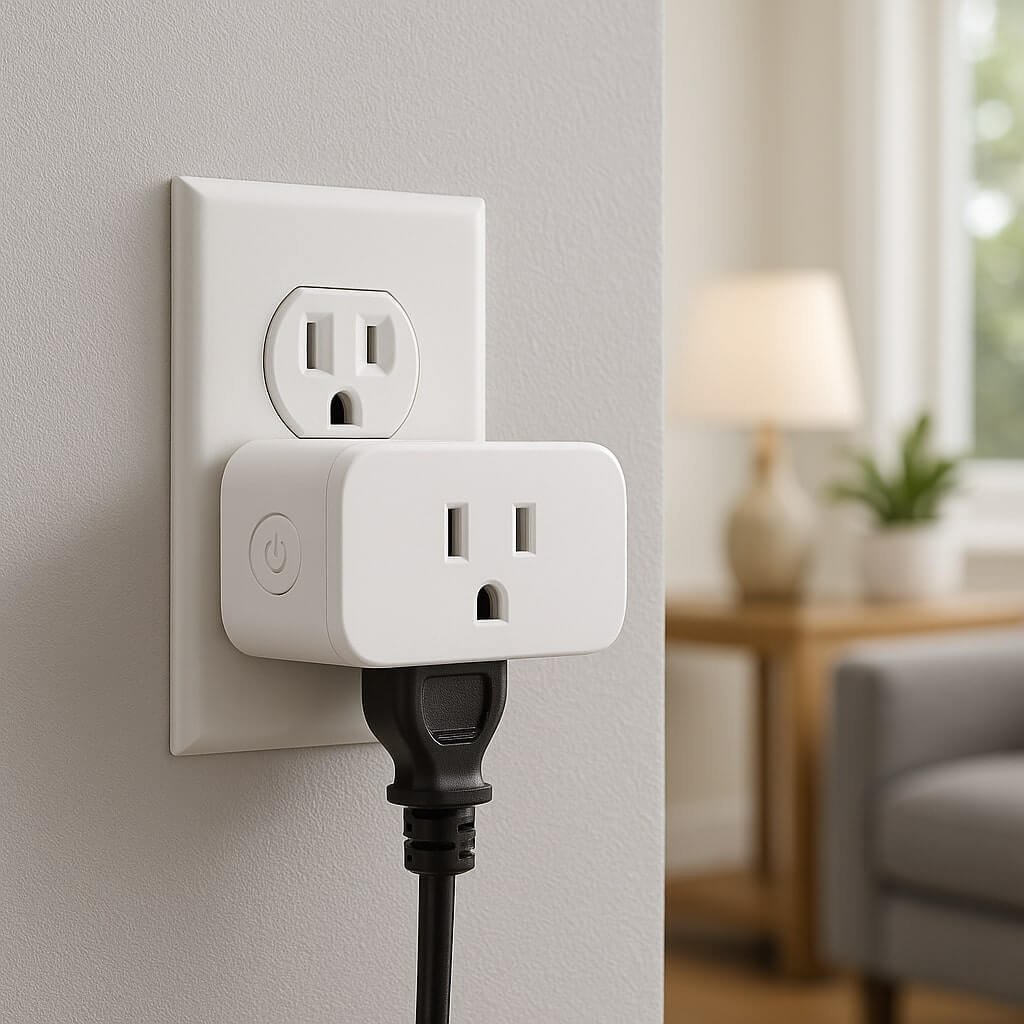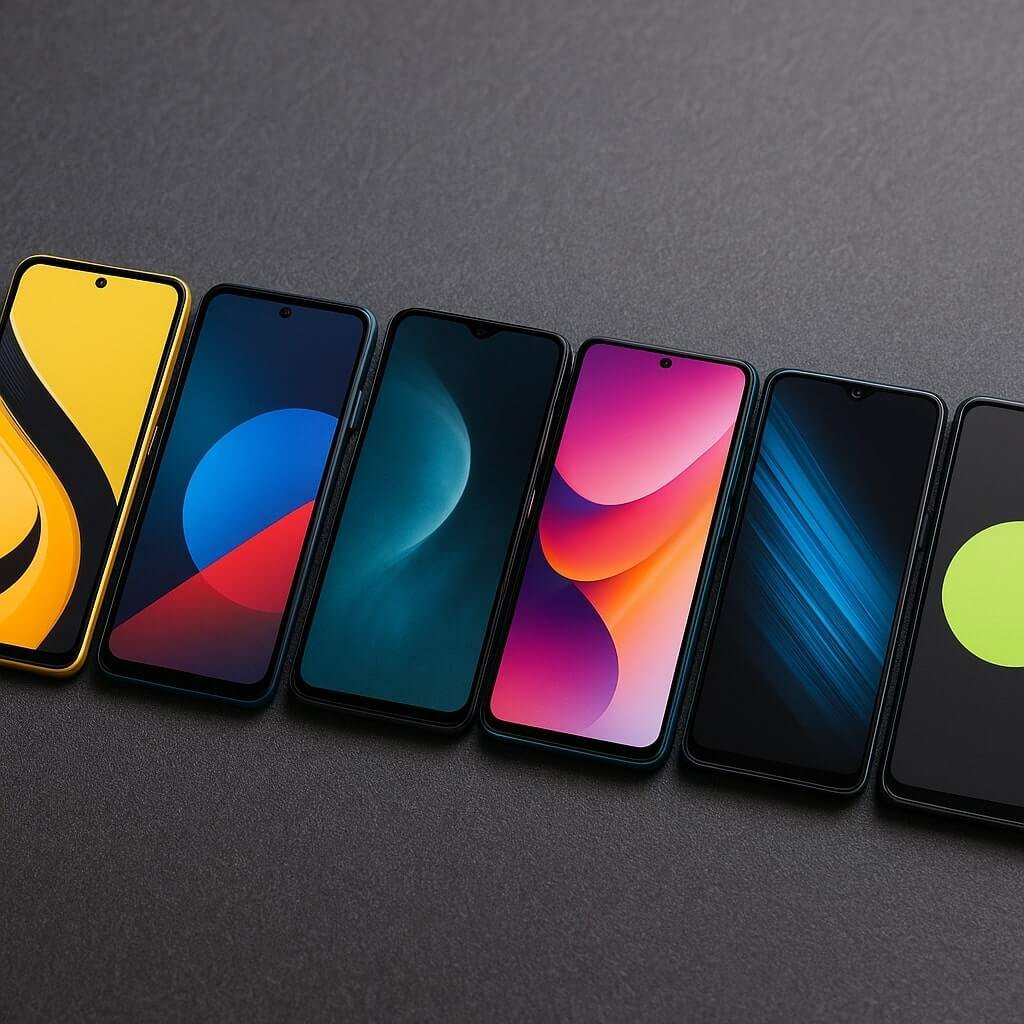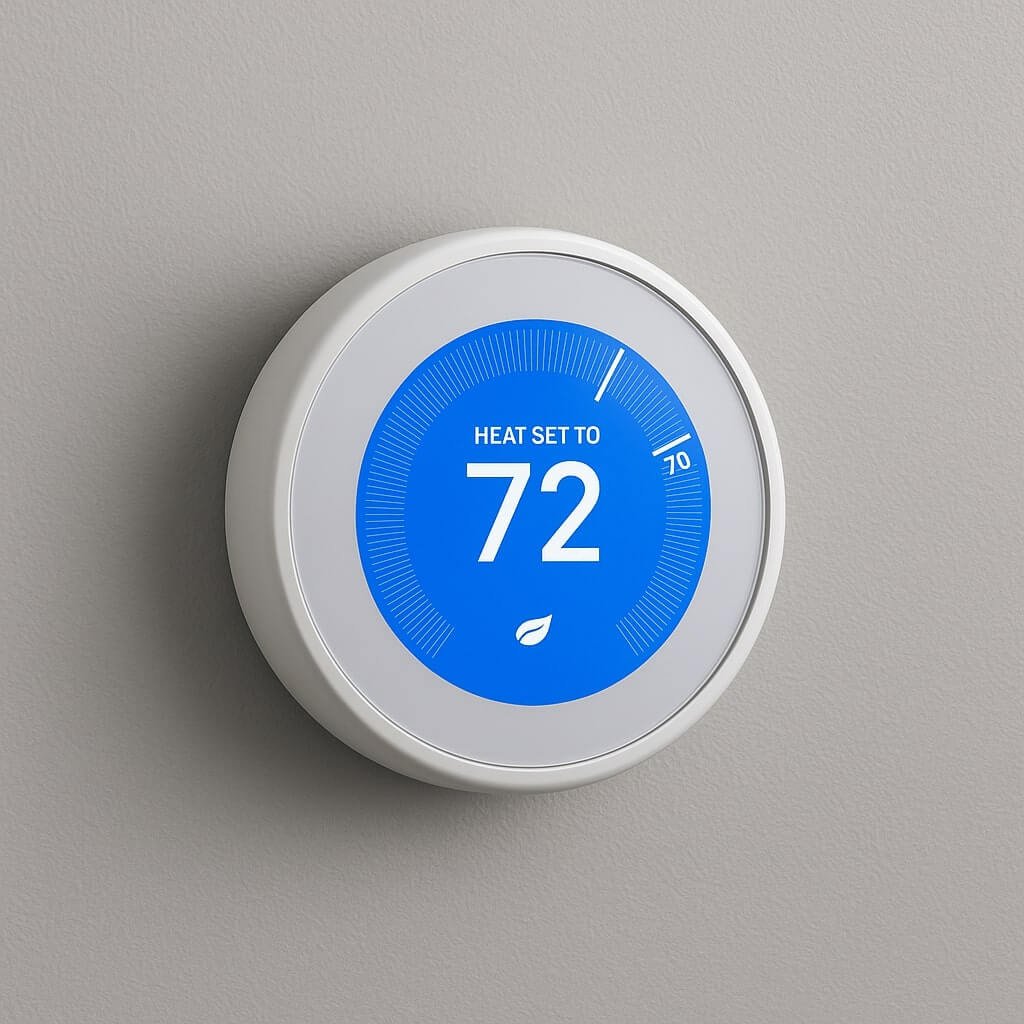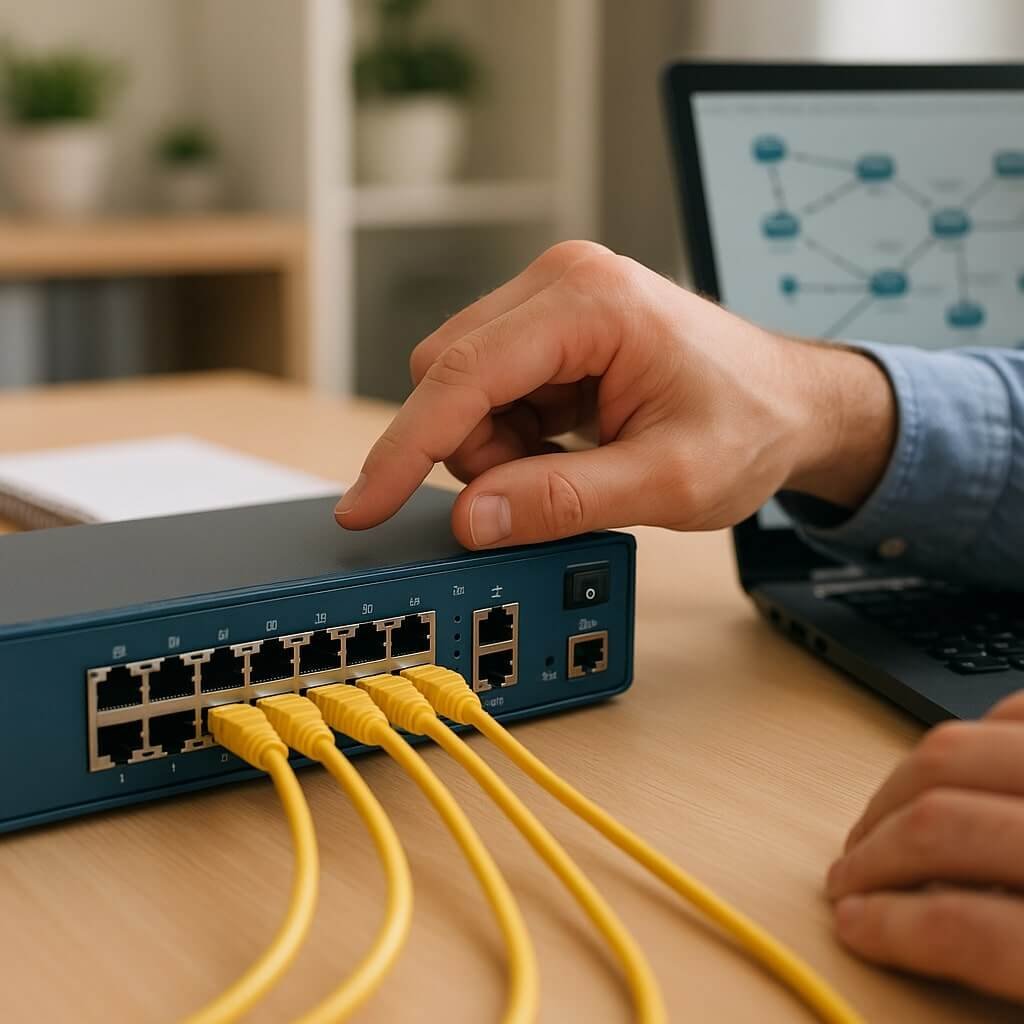Smart home automation is no longer a futuristic luxury—it’s an accessible, practical reality. Among the easiest and most affordable entry points into the world of smart homes are smart plugs. These compact, powerful devices allow you to control lamps, fans, coffee makers, and other everyday electronics remotely, using your smartphone or voice.
This SEO-optimised guide explores how smart plugs can revolutionise your home life, which features to prioritise, and which smart plugs are leading the market in 2025.
What Are Smart Plugs?
Smart plugs are Wi-Fi-enabled devices that plug into your standard wall outlets and connect to a mobile app or smart home system. Once plugged in, you can automate or remotely control any device connected to them. This means you can:
- Schedule appliances to turn on/off
- Monitor energy consumption
- Control devices via voice assistants (Amazon Alexa, Google Assistant, Siri)
- Use geofencing to automate based on your location
Why Choose Smart Plugs for Home Automation?
Here are the top reasons smart plugs are the ideal gateway to a smarter home:
1. Affordability
Smart plugs are among the most budget-friendly smart devices. For under $20, you can start automating your home without investing in complex hubs or wiring.
2. Ease of Installation
Most smart plugs work via plug-and-play. No electrician required—just connect to Wi-Fi, link to your app, and go.
3. Flexibility
Use smart plugs for lights, coffee machines, Christmas trees, heaters, and even routers. The possibilities are nearly endless.
4. Energy Monitoring
Many models come with real-time energy tracking, helping you identify and reduce energy-hungry appliances.
5. Improved Home Security
Simulate occupancy when you’re away by scheduling lights or appliances to turn on/off at various times.
Best Features to Look for in a Smart Plug (2025 Edition)
When shopping for smart plugs, look for the following features to ensure maximum compatibility and performance:
- App Compatibility: Make sure it works with your smartphone OS and your preferred automation platform.
- Voice Assistant Integration: Support for Alexa, Google Assistant, and Siri.
- Scheduling and Timers: Essential for automating routines like turning off lamps at bedtime.
- Energy Monitoring: Track usage and cut back on unnecessary power consumption.
- Overload Protection: Prevent electrical hazards from power surges.
- Compact Design: Avoid blocking adjacent outlets.
- Away Mode: Randomly turn devices on/off to deter burglars.
Best Smart Plugs to Buy in 2025
1. TP-Link Kasa Smart Plug Mini (HS110)
- Best for: Energy monitoring
- Highlights: Reliable app, energy use tracking, schedules, compact design
2. Amazon Smart Plug
- Best for: Alexa users
- Highlights: Seamless Alexa integration, simple setup, no hub required
3. Meross Smart Wi-Fi Plug
- Best for: Apple HomeKit users
- Highlights: Compatible with Alexa, Google, and Apple, durable build
4. Wyze Plug
- Best for: Budget-conscious buyers
- Highlights: Low price, scheduling, vacation mode, grouped control
Real-Life Use Cases of Smart Plugs
- Morning Routine: Automatically start your coffee maker at 6:30 AM every weekday.
- Pet Care: Turn on aquarium lights or feeders on a schedule.
- Work Setup: Power up your work desk and monitor with a single command.
- Energy Saving: Turn off idle appliances when not in use remotely.
Common Mistakes to Avoid
- Overloading the plug: Check the device’s power rating before plugging in high-wattage appliances.
- Wi-Fi incompatibility: Some smart plugs only support 2.4 GHz networks—check your router settings.
- Ignoring firmware updates: Regular updates improve security and functionality.
- Placing it out of range: Ensure a strong Wi-Fi signal where the plug will be used.
Frequently Asked Questions (FAQs)
Can I use smart plugs without a smart speaker?
Yes. Most smart plugs are controlled via mobile apps and don’t require voice assistants to function.
Are smart plugs safe for all devices?
Generally, yes, but avoid using them with high-powered appliances like space heaters unless the plug specifically supports them.
Do smart plugs use a lot of electricity?
No, smart plugs consume a minimal amount of standby power, typically under 1 watt.
What happens if my Wi-Fi goes down?
The plug will stop remote commands but will retain previously programmed schedules.
Can I control multiple smart plugs at once?
Yes, most apps allow you to group plugs and issue a single command for multiple devices.
Final Thoughts
Smart plugs are the simplest way to begin your home automation journey in 2025. With minimal setup, they offer a powerful way to manage electronics, reduce energy costs, and make your life more convenient and secure. Whether you’re a tech-savvy homeowner or a beginner, these small devices deliver big smart home results.






